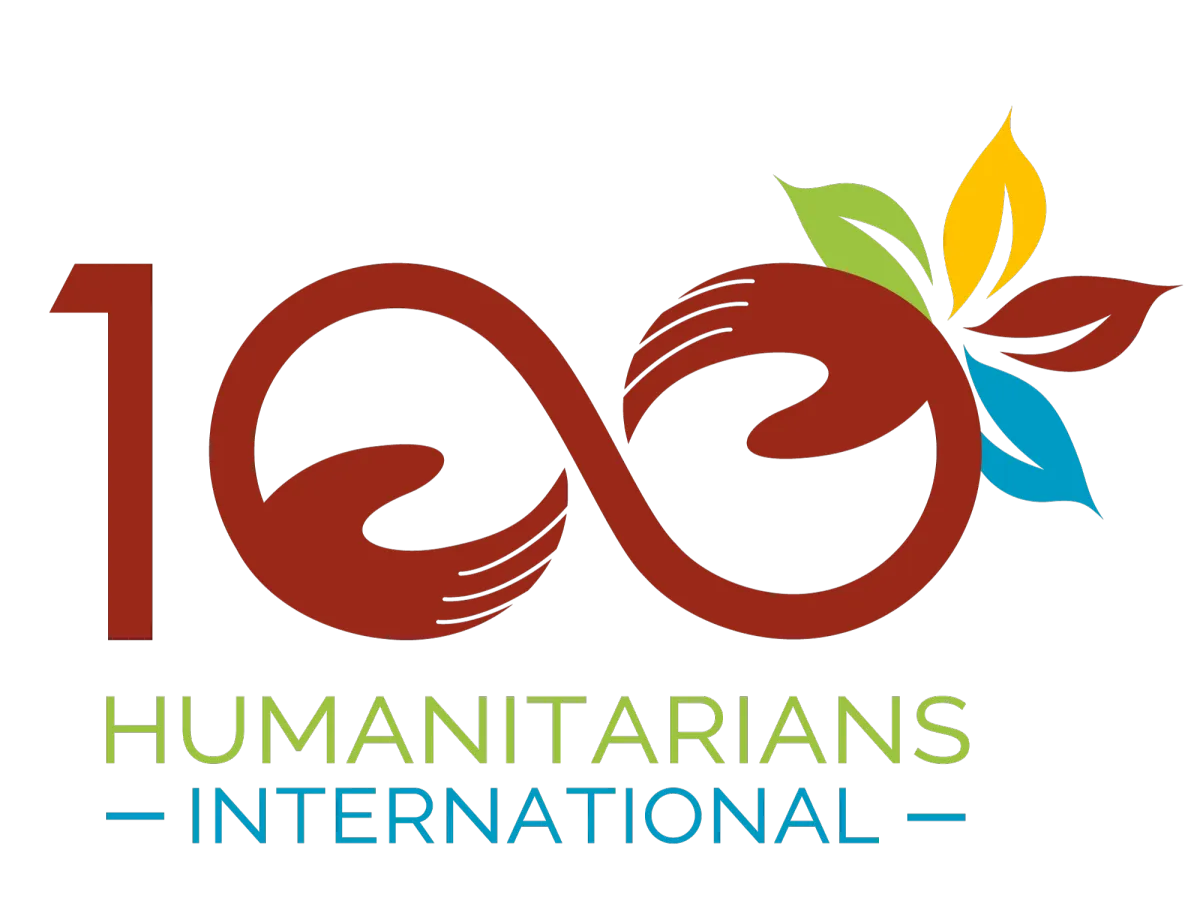Maasai Naming Ceremonies
Maasai Naming Ceremonies: The Traditions and Meanings
Behind Maasai Names
The Maasai, a semi-nomadic ethnic group in Kenya and Tanzania, have rich cultural traditions, one of which is their unique naming ceremonies. Maasai names carry deep meanings and reflect the community’s values, beliefs, and social structures. This blog post explores the traditions surrounding Maasai naming ceremonies, the meanings behind Maasai names, and the cultural significance of these practices.
Traditions of Maasai Naming Ceremonies
Naming ceremonies are important events in Maasai culture, marking the formal introduction of a child into the community. These ceremonies are deeply rooted in tradition and involve various rituals and customs that reflect the Maasai’s spiritual beliefs and social values.
The Maasai naming ceremony, known as “Enkigerunoto e Kutuk,” typically takes place shortly after a child’s birth. The timing of the ceremony can vary, but it often occurs within the first few months of the child’s life. The event is a communal affair, bringing together family members, friends, and elders to celebrate the new addition to the community.
Preparations for the naming ceremony involve several steps. The parents choose a name for the child, often seeking advice from elders or consulting traditional practices. The name is selected based on various factors, including the circumstances of the child’s birth, the family’s history, and cultural or spiritual significance. On the day of the ceremony, the family hosts a gathering where the child is formally named. Elders play a central role in the event, leading prayers and blessings for the child’s health, prosperity, and future. Traditional songs and dances are performed, and food and drinks are shared among the attendees. The ceremony not only celebrates the child’s birth but also reinforces the community’s social bonds and cultural continuity.
Meanings Behind Maasai Names
Maasai names are rich in meaning and often reflect the community’s values, beliefs, and experiences. The names given to children are carefully chosen to convey specific messages and aspirations, serving as lifelong reminders of their heritage and identity.
One common practice in Maasai naming is to choose names that reflect the circumstances of the child’s birth. For example, a child born during a particular season, weather condition, or significant event may be named accordingly. Names like “Naserian” (born during peace) or “Musuya” (born during the rainy season) highlight the connection between the child’s identity and their environment. Maasai names can also convey attributes or qualities that the parents or community wish to bestow upon the child. Names such as “Saruni” (the strong one) or “Lerionka” (the blessed one) reflect the values and virtues that are cherished in Maasai culture. These names serve as a source of inspiration and guidance for the child as they grow up.
Another significant aspect of Maasai naming is the use of names to honor ancestors and maintain family lineage. Children are often named after grandparents or other respected relatives, ensuring that the legacy of previous generations is preserved and celebrated. This practice strengthens family ties and reinforces the importance of ancestry in Maasai society. Maasai names also have gender-specific meanings and connotations. Boys and girls receive names that reflect their expected roles and responsibilities within the community. For instance, boys may receive names associated with bravery and strength, while girls may be given names that signify beauty and nurturing qualities. These gender-specific names highlight the social expectations and cultural values associated with each gender in Maasai society.
Cultural Significance of Maasai Naming Practices
The Maasai naming ceremony and the meanings behind Maasai names hold profound cultural significance. These practices are not only important for individual identity but also play a crucial role in maintaining social cohesion and cultural continuity.
Naming ceremonies are communal events that reinforce social bonds and cultural identity. By bringing together family members, friends, and elders, these ceremonies foster a sense of belonging and community. The rituals and customs involved in naming ceremonies highlight the Maasai’s values of unity, respect, and collective responsibility. The names given to Maasai children serve as a constant reminder of their heritage and cultural identity. They connect individuals to their family history, community, and environment, providing a sense of continuity and belonging. The meanings behind Maasai names reflect the community’s beliefs, values, and aspirations, guiding individuals in their personal and social development.
The role of elders in Maasai naming ceremonies underscores the importance of intergenerational knowledge and cultural transmission. Elders provide guidance and blessings during the ceremony, ensuring that the cultural and spiritual significance of the names is understood and respected. This practice reinforces the respect for elders and the value of their wisdom in Maasai society. In contemporary Maasai society, naming practices continue to adapt to changing circumstances while preserving their cultural significance. While some Maasai families may incorporate modern influences in their naming choices, the traditional principles and values remain central. The continuation of naming ceremonies and the use of meaningful names ensure that Maasai cultural identity is preserved and celebrated for future generations.
Conclusion
Maasai naming ceremonies are rich in tradition and cultural significance, reflecting the community’s values, beliefs, and social structures. The carefully chosen names carry deep meanings that connect individuals to their heritage, environment, and community. These practices play a vital role in maintaining social cohesion and cultural continuity, ensuring that Maasai identity and values are preserved and celebrated for generations to come. Through naming ceremonies, the Maasai continue to honor their traditions, celebrate new life, and reinforce the bonds that unite their community.
Get Involved with 100 Humanitarians
Each week, we send project updates to your inbox, so that you know exactly where your donations go.
We also keep you updated on volunteer opportunities and expeditions to Kenya.

We will not sell your information to anyone, and you can opt-out at any time.

100 Humanitarians International is a 501(c)(3) nonprofit recognized by the IRS, and all donations to 100 Humanitarians International are tax-deductible in accordance with IRS regulations. EIN #82-1048388
South Jordan, Utah
801-432-0105
